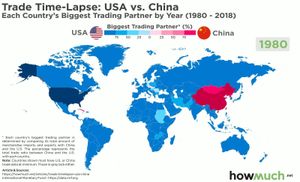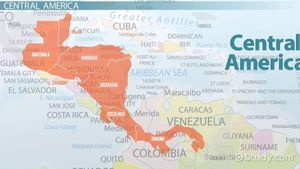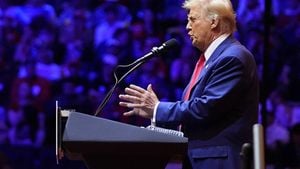German Chancellor Olaf Scholz is facing mounting pressure as he prepares for a pivotal vote of confidence scheduled for November 21. This vote is seen as the last stand for his government following the collapse of his ruling coalition composed of the Social Democrats (SPD), the Greens, and the Free Democrats (FDP). The outcome will determine not just his political future, but also the immediate direction of Germany's governance.
Scholz's administration has encountered turbulent waters, struggling with political dissent fueled by criticisms over economic management and social policies. Notably, Friedrich Merz, leader of the opposition Christian Democratic Union (CDU), has made headlines by declaring he does not intend to back any significant legislation until after the confidence vote. He described Scholz as being "from another cosmos," indicating the widening gap between government and opposition perspectives.
Underpinning this political turmoil is Germany’s struggling economy, which is marred by inflation and uncertainties exacerbated by external pressures, including the impact of the Ukraine conflict. The German government has proposed new measures aimed at economic stability, but skepticism remains high among the populace and political analysts alike. Recent polls suggest the conservatives are leading, presenting another challenge for Scholz as he tries to stabilize his government.
Preparing his defense against the looming vote, Scholz has emphasized the importance of unity, urging opposition leaders to support key legislation intended to navigate the economic distress. He has stated, "Germans should not have to choose between security and prosperity," highlighting the fundamental societal tensions at play.
The confidence vote is significant not merely as a measure of Scholz’s political capital, but also as it paves the way for elections, potentially altering the political makeup of the German government. Scholz hinted at the need for early elections, slated for February 23, should the vote not succeed, which would set the stage for both the SPD's and CDU's strategies much beyond the current legislative session.
On the economic front, the German government is grappling with serious challenges, having recently cut growth predictions for 2024. The economic advisory board cited uncertainties stemming from both domestic policies and international conflicts as influential factors. With public sentiment tightening around fiscal policies, Scholz's administration faces significant opposition about proposed fiscal reforms, including discussions about the 'debt brake' legislation aimed at limiting government borrowing.
It's clear the coalition’s collapse has thrust Germany’s leadership on shaky ground, as critics accuse Scholz of failing to effectively manage the tensions inherent within the tripartite government. Various factions within parliament have made conflicting demands about climate action and immigration controls, with Merz openly announcing plans to reverse some of the government's environmental policies to appeal to voter concerns about economic issues.
With these developments, Scholz’s political future may not be the only thing at stake; the very ideology of Germany's approach to governance could be altered. Observers note the importance of this confidence vote not just as a formality, but as a potentially transformative moment for German policy and its coalition structure.
Opposition leader Merz has signaled plans for greater immigration controls and has restated the necessity of reconsidering climate action policies, which he argues have become too burdensome on the economy. Merz is positioning himself as the advocate for tangible changes, possibly reviving support among those who have felt overlooked amid broader climate debates.
The fallout from the vote could spark drastic shifts. Some analysts have speculated if the confidence vote results unfavorably for Scholz, Germany could be entering a new era marked by conservative leadership, with escalated debates over fiscal policies and foreign engagements.
Yet Scholz remains firm, believing future decisions hinge on urgent cooperation across party lines. His appeals to reason highlight the stakes involved for the nation. Whether or not he secures the confidence of parliament, the post-vote climate will likely reveal much about public sentiment and legislative dynamics going forward.
Anticipation now looms as the date approaches; the ramifications can be broad-reaching, touching every corner of policy from economics to the environment. For now, all eyes are on the Bundestag, where the future of Germany's leadership is set to collide with its growing discontent and aspirations.



